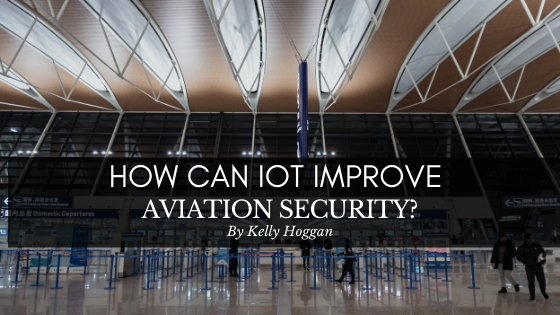In the aviation security industry, cybersecurity has rapidly become a top priority. The safety of private information is imperative for the consistent security of airline operations, staff, and passengers. As such, aviation security professionals should take into consideration the technology available to them and determine which can be best implemented to promote greater security. In this way, integrated Internet of Things (IoT) technology into the aviation security industry could mean significant improvements and enhanced security capabilities.
IoT in Aviation
Generally speaking, the integration of IoT technology can advance existing systems in the aviation industry to promote efficiency and security. Passengers can benefit from automated check-ins to reduce wait times; this practice can also limit the risk of over-boarding, making for an improved passenger experience. Similarly, baggage tracking can benefit from IoT technology through RFID tags and mobile apps, which can then inform passengers of their belongings’ whereabouts; Delta airlines is one group that has already implemented this technology and has had a 99.9% success rate with RFID and IoT baggage tracking.
On the operations side of aviation, IoT technology can help aviation professionals monitor essential data in real-time. This means that maintenance can be planned and conducted promptly, saving time, money, and human resources.
Security and IoT
The interconnectivity of IoT devices and programs enhances practicality, but it does pose a risk when it comes to security. When everything is connected via IoT, a single cyberattack can pose a much more significant threat to the sanctity of all available information. This means that the integration of IoT cannot happen without a concurrent cybersecurity initiative that properly accounts for the added risk.
When integrating IoT, aviation security professionals must also implement a security certification framework. This framework can help aviation security measures remain compliant with security standards while also reducing costs, raising awareness, and improving stakeholder trust.
In the aviation industry, IoT technology presents an excellent opportunity to improve passenger experience, professional operations, and security practices. Taking the appropriate steps to ensure that the system is securely established can significantly prevent cyberattacks and data breaches.
When IoT is used to connect devices and data, security professionals must acknowledge the added risk and act accordingly. In this way, IoT can be an excellent motivator for aviation security professionals to boost their cybersecurity standards and promote better security and experience standards.

